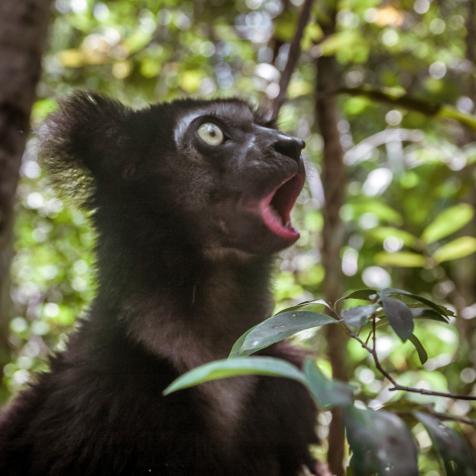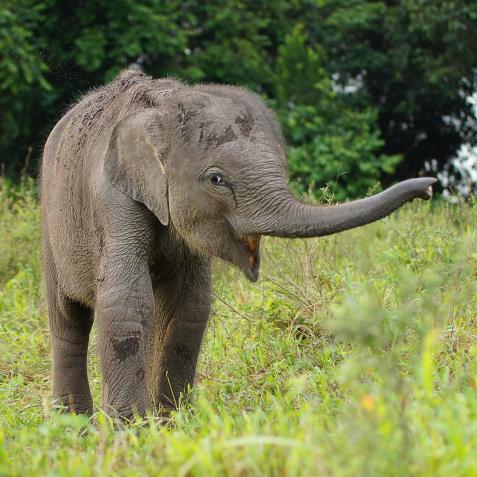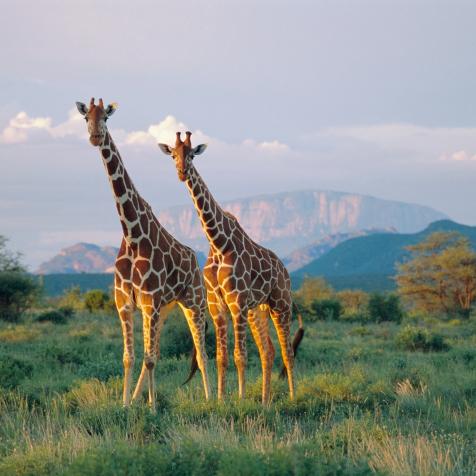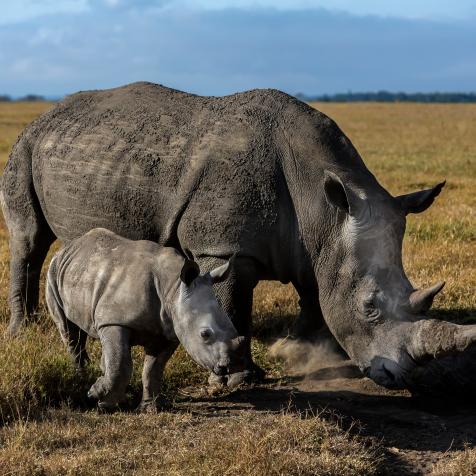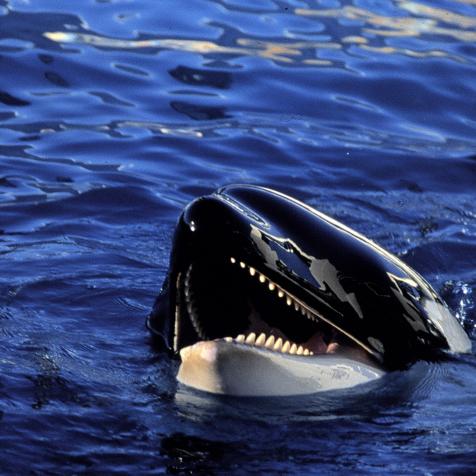
David A. Northcott
How Spider Geckos Survive in the World’s Hottest Desert
Missone's spider geckos live in earth’s hottest landscape– Iran’s Lut Desert. What is the key to their survival?
The surface temperatures of the Lut Desert in Iran skyrocket to over 150 degrees Fahrenheit more often than anywhere else on earth. Considered mostly barren, this desert’s harsh environment makes it a difficult home for any life to thrive.
Enter the spider gecko. These small nocturnal lizards can withstand harsh summer temperatures and extreme winter night lows. These tiny reptiles have long slender legs and a tail to help them climb in their rocky habitats.

Aref Barahuie / EyeEm
Lut Desert, Iran
To find out how Persian spider geckos, or Rhinogecko misonnei, are able to survive on earth’s hottest landscape, scientists at the State Museum of Natural History in Germany analyzed the stomach contents of six geckos.
Using DNA metabarcoding, the scientists studied the food in the gecko’s digestive system. They found DNA from 94 species. 81% of the species were from outside the Lut Desert– mostly moths, wasps, and flies that pass through the desert from more temperate regions.

piola666
Close up of clinging gecko feet.
“The movement of insects from outside the immediate area subsidizes the geckos and helps them to persist in this extreme desert environment,” says Hossein Raijei who helmed the study.
The other 19% were comprised of anthropods, arachnids, and moths native to the desert. Underscoring the importance of intertwined food webs for animals surviving in hostile habitats. Raijei says the unexpected diversity highlights that there’s more living in this desert than meets the eye.










